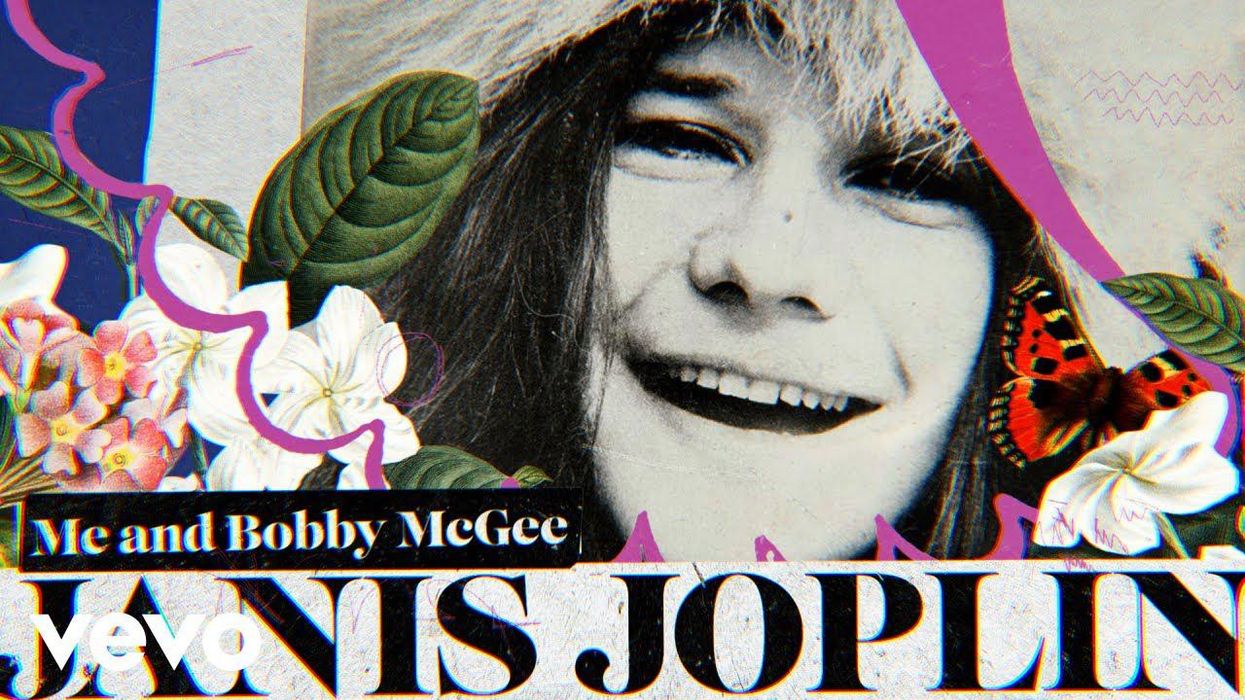Nevins is co-publisher of The Fulcrum and co-founder and board chairman of the Bridge Alliance Education Fund.
As you celebrate July Fourth, are you thinking of anything more than a long weekend of fun with friends and relatives, festivals and parades?
July Fourth is an incredibly significant day in American history. It marks the day the United States officially became its own nation. The Declaration of Independence was adopted on July 4, 1776 — and thus, our nation was born,
And so beyond the fun and celebration, July Fourth is about freedom. Every Fourth, I love to listen to Janis Joplin’s 1969 hit “Me and Bobby McGee,” written by Kris Kristofferson Fred Foster and made famous by Janis Joplin. You may know it by the key lyric “Freedom is just another word for nothin’ left to lose.”
“It definitely expressed the double-edged sword about what freedom is,” Foster once said. “You may be free but it can be painful to be that free. But maybe at the very end, when you leave, you will be free when you've nothing else to lose, you know, when you're gone.”
And while the song is more about travelers who had drifted apart, on this July Fourth weekend, during a time of great separation within our great nation, I can’t help but think about the separation that divides us as a nation.
Joplin sang of separation from a friend:
“ Freedom's just another word for nothin' left to lose
Nothin', don't mean nothin', honey, if it ain't free, no no.”
Yet on July 4, 2022, we have so much to lose as a nation if we are not vigilant in protecting and defending the democracy we so cherish. No, freedom is not just another word. It is what defines us as a nation and we have much to lose if the democratic ideals that our nation was founded upon perish. To effectively protect and expand the freedoms we have, we must harness the tension of our differences and seek to enact our inalienable right to life, liberty and the pursuit of happiness by balancing individual and community needs.
And so this weekend, think about freedom and what freedom is for you. Is it about being able to enjoy the simple pleasures of life with family and friends? Or is it more?
And for our nation, what is freedom? For my grandparents who came to this country in the late 1800sm freedom was the words embedded at the base of the Statue of Liberty as they entered New York harbor:
Give me your tired, your poor/ Your huddled masses yearning to breathe free/ The wretched refuse of your teeming shore./ Send these, the homeless, tempest-tost to me.”
As our diverse nation celebrates this July Fourth let us take a moment to understand our past and celebrate a future of a better America. Let us fulfill the dream of our founding fathers and come together as a nation to “hold these truths to be self-evident, that all men are created equal, that they are endowed by their Creator with certain unalienable Rights, that among these are Life, Liberty and the pursuit of Happiness." Let us embrace our diversity and live into our national motto: e pluribus unum. Out of many, we are one.
The words enshrined in the Declaration of Independence and on the Statue of Liberty are not just words to be read and forgotten. Democracy is a work in progress and we all can be a part of the journey toward the ideal of a more perfect union. This is not the time to be a spectator as each of us has a responsibility to do our part to fulfill the dream of our forefathers.
So, on this Independence Day, enjoy the freedoms you individually have but understand that you won’t truly be free until the freedom for all comes to pass. Take a moment to reflect upon what you want America to be for your children and grandchildren and most importantly what you will do to ensure it happens. What stories will they tell with pride about your role in the evolution of democracy in this great nation?
Let us fulfill the dream of our nation on Independence Day 2022.




















Trump & Hegseth gave Mark Kelly a huge 2028 gift